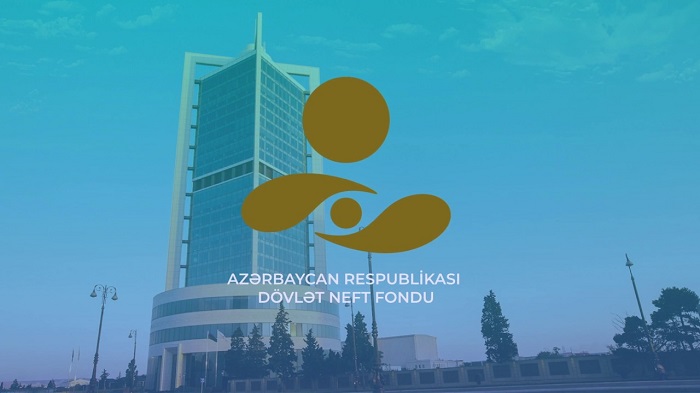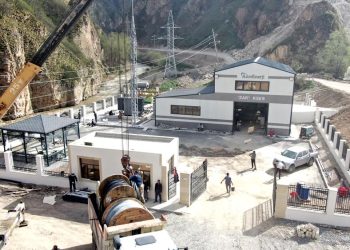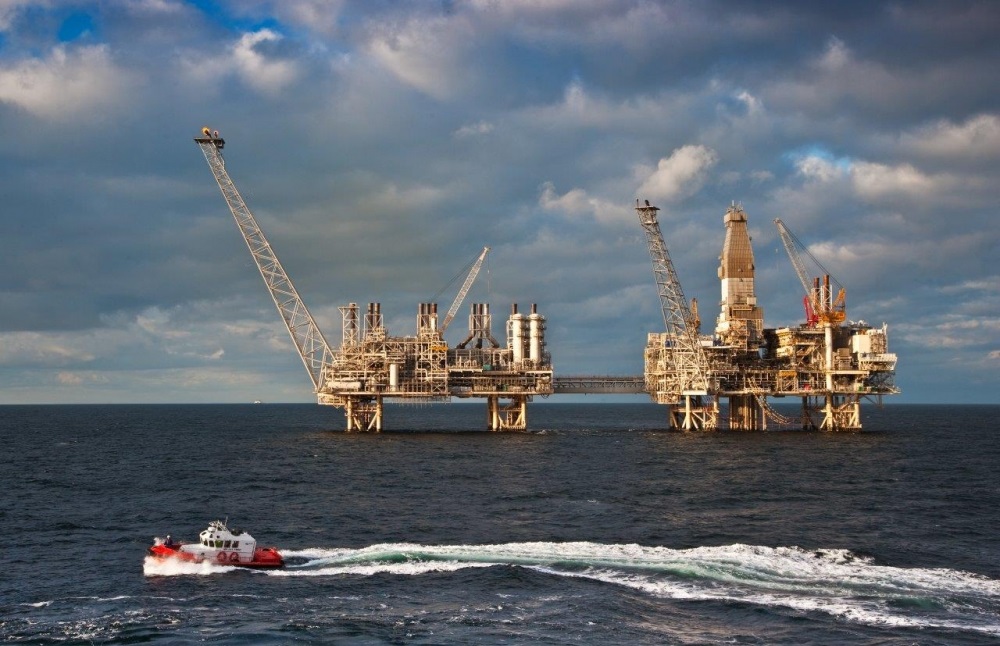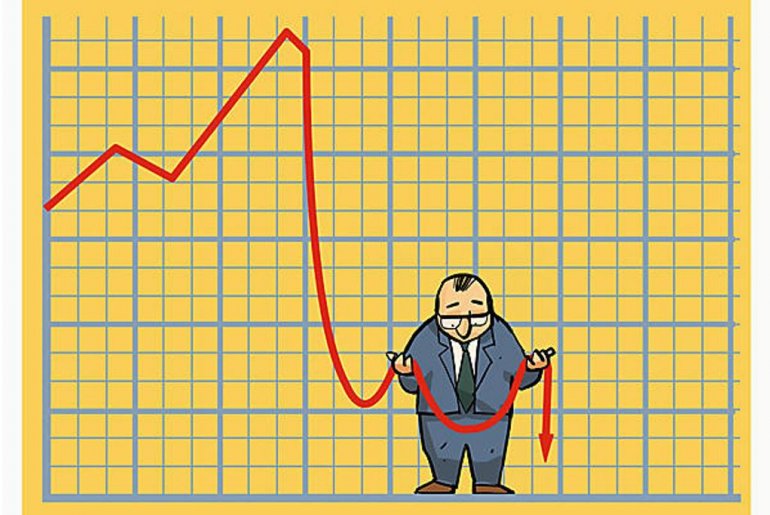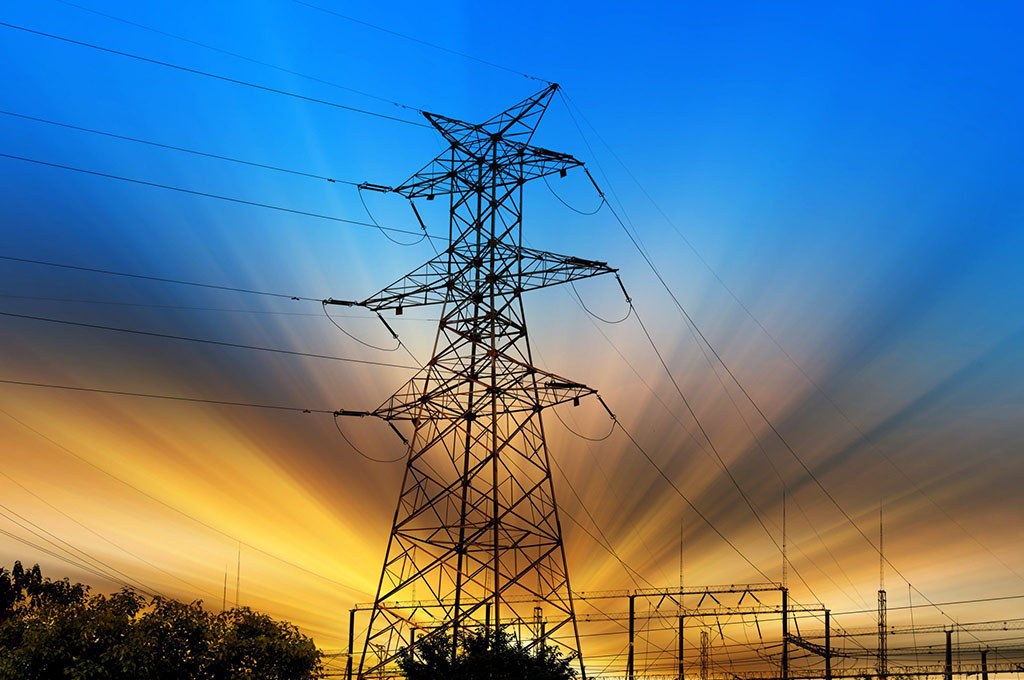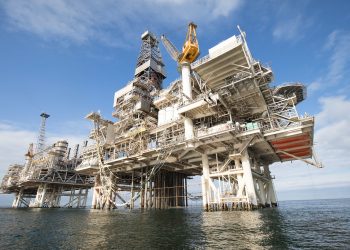 The growing demand of Europe to increase and diversify the supply of gas has fueled the desire of many gas-producing countries to sell their resources to Europe.
The growing demand of Europe to increase and diversify the supply of gas has fueled the desire of many gas-producing countries to sell their resources to Europe.
It is not surprising that one such country is Turkmenistan, which ranks fourth in the world for the volume of gas reserve. Azerbaijan can help it with this issue.
Nevertheless, not only the seller, but also the buyer – the EU – is very interested in the prospects. The more potential sources the EU will have, the more secure it will feel every autumn, not fearing winter’s oncoming freeze. The more confident it will be in relations with Russia, which as the largest supplier at the moment dictates its terms to Brussels.
This mutual interest is not only reflected in words. The EU has been working on the issue of creating technical and legal basis for transporting Turkmen gas to Europe through Azerbaijan for more than a month and also speeds up holding tripartite talks on the project for construction of the Trans-Caspian pipeline through the Caspian Sea.
In preparing to start supplying its gas to Europe, Ashgabat has already started thinking about increasing the gas production volume. It is planned to produce over 80 billion cubic meters of gas in 2015, up from 76 billion cubic meters of gas in 2014. Meanwhile, the country plans to complete laying of the East-West gas pipeline that will link the largest gas fields by late 2015.
Russia, which apparently feels a real threat to the hegemony of its gas in Europe, actively opposes the construction of the Trans-Caspian Gas Pipeline. Moscow’s position lies in the fact that the construction can be started only with the consent of the neighboring countries, and that the pipeline allegedly threatens the ecology of the region. At the same time, Russia for its own benefit does not refrain from wanting to lay its own pipeline across the bottom of the Black Sea, where the hydrogen sulfide content is much higher than in the Caspian Sea, and poses far more environmental threat.
Interestingly, it is indirectly Russia’s own fault that Turkmenistan started casting an eye to the west. Over the past five years, Moscow reduced purchases of Turkmen gas by four times, and such a situation cannot satisfy Ashgabat. Diversification of routes and markets has become an important trend in the gas policy of the Central Asian countries.
In this sense, a joint project with Azerbaijan seems for Turkmenistan almost perfect. First, it gives Ashgabat the opportunity to sell its gas to European markets. Second, the geographic proximity of the two countries involves the construction of the pipeline with a length of only 300 kilometers. Third, the presence of an appropriate infrastructure, experience, technical resources and technologies for construction of subsea pipelines in Azerbaijan, as well as willingness to share them, leave no doubts about the fact that Turkmen gas will reach Europe soon and in a safe mode.
With all these favorable factors the Trans-Caspian Gas Pipeline project can become a powerful element in providing Europe with alternative gas supplies and bring benefits to all its participants.
Maksim Tsurkov is Trend Agency’s staff journalist




